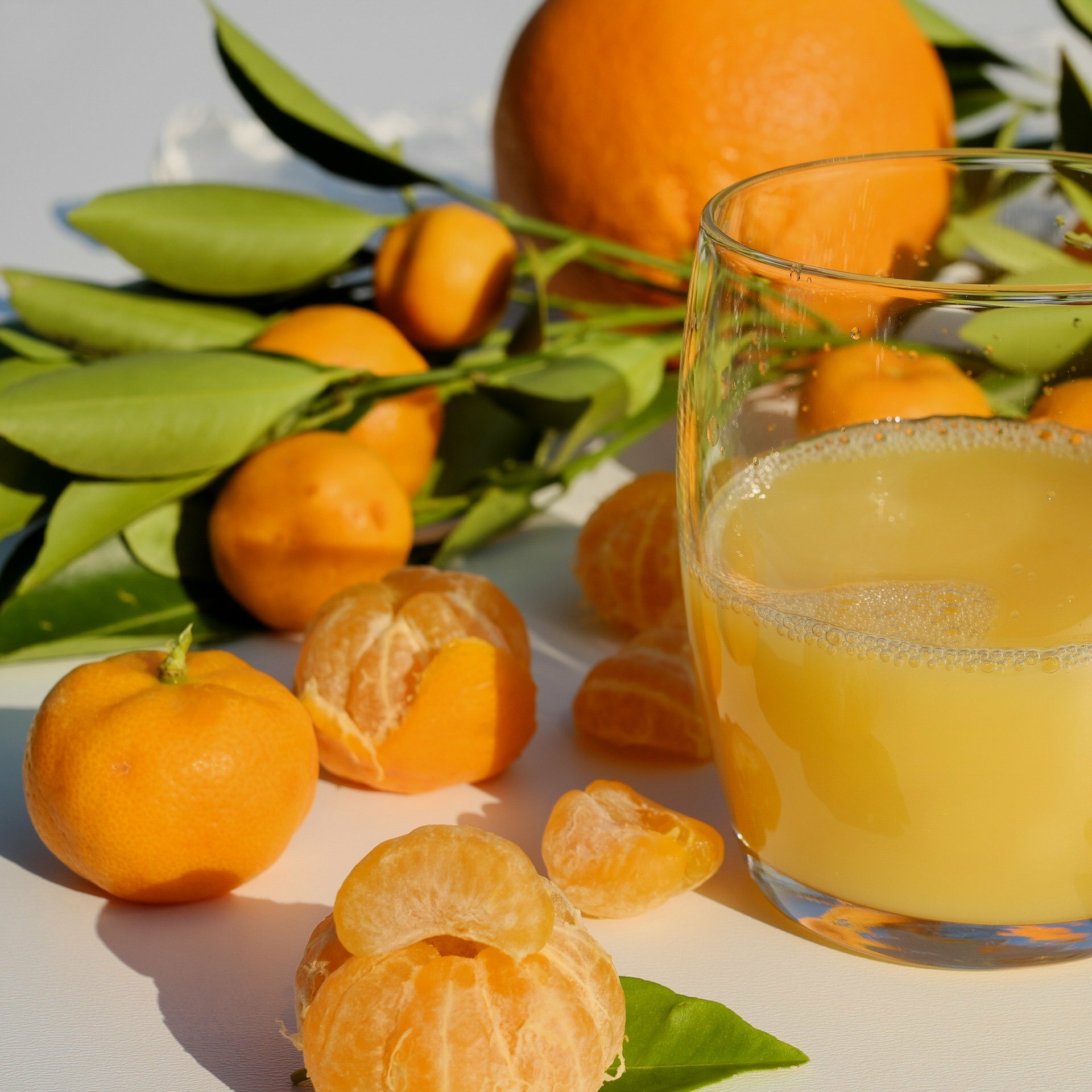Masticating juicers are cold pressers. Consequently, it produces cold-pressed juice, which has grown quite popular in recent years. Their growing popularity is because of the high number of live enzymes, minerals, vitamins, and phytonutrients that they provide. However, cold-pressed juice is only useful if it remains fresh. Without that quality, you might struggle to take a sip. Because of this, it is reasonable to ask how long you can keep the juice from a masticating liquid before it goes wrong and becomes impossible to drink.
Read More: Is a masticating juicer really better?
Fresh Nutrients
The biggest attraction of juicing is the freshness of the juices that you extract from fruits and vegetables. In juicing, freshness is everything. However, you can only keep the juice fresh for several hours before it starts going bad. Typically, pasteurized drinks remain drinkable for between 6 and 12 months. That’s because of many reasons, least of which is the presence of preservatives in pasteurized juices. The situation is quite different with a cold-pressed juice. It’s full of live enzymes that can only remain fresh for between 48 and 72 hours.
It is worth noting that juice from centrifugal juicers that go bad after the first 24 hours; those from masticating machines perform quite admirably. However, you have to keep the liquid in a fridge to prevent it from going bad. The fact that it lasts longer than the product from a masticating juicer doesn’t mean that you don’t need to store it properly. Look for a place that prevents oxidization from taking place fast. To achieve this, you may need to scour the market for the best containers for such types of juices.
Heating
What is more, the heating involved in cold pressing is quite negligible. The amount of heat involved in this process isn’t sufficient to destroy the ingredients and nutrients contained in the juice. Heating is almost a non-factor in juicing. With centrifugal juicing, the heat factor can be a bit substantial because of the more than 3,000 RPMs involved in the process. However, masticating juice only requires less than 60RPMs, which isn’t enough to supply the heating needed to destroy enzymes.
Oxidization
Oxidization influences the time that you can keep the juice from a masticating juicer before things go awry. It’s difficult to ignore this factor because of its ever-present nature in juicing. However, compared to centrifugal juicers, masticating machines are renowned for oxidizing juices at a much slower pace. Nevertheless, the longer you keep the fluid around, the more risk it runs of falling victim to oxidization. Therefore, your best bet is to consume the juice immediately. Where that’s not possible, you should slow the oxidization process down by:
- Leaving some fiber in the juice
- Adding a bit of citrus into the juice
- Using airtight containers
Read More: How does a masticating juicer work?
Therefore, you should not expect to find your drink from the masticating juicer fresh after leaving it in the storage container longer than 72 hours. Ideally, you should consume it within the first 24 hours. After that, the juice will have started to lose its nutritional value. When using a container for storing the drink, you should get an utterly airtight one. Airtight containers are highly effective at slowing the oxidation process down significantly. Otherwise, you may need to smell it and check its color to determine if the juice has started going bad!


Hello, I’m Scott – a juicer and blending enthusiast. I hope to inspire you to make one positive step towards your juicing or blending journey through visiting this site.
We’ll go over some easy tips, guides, hacks, and honest product reviews so that you don’t have to waste your time or money on trial and error.

